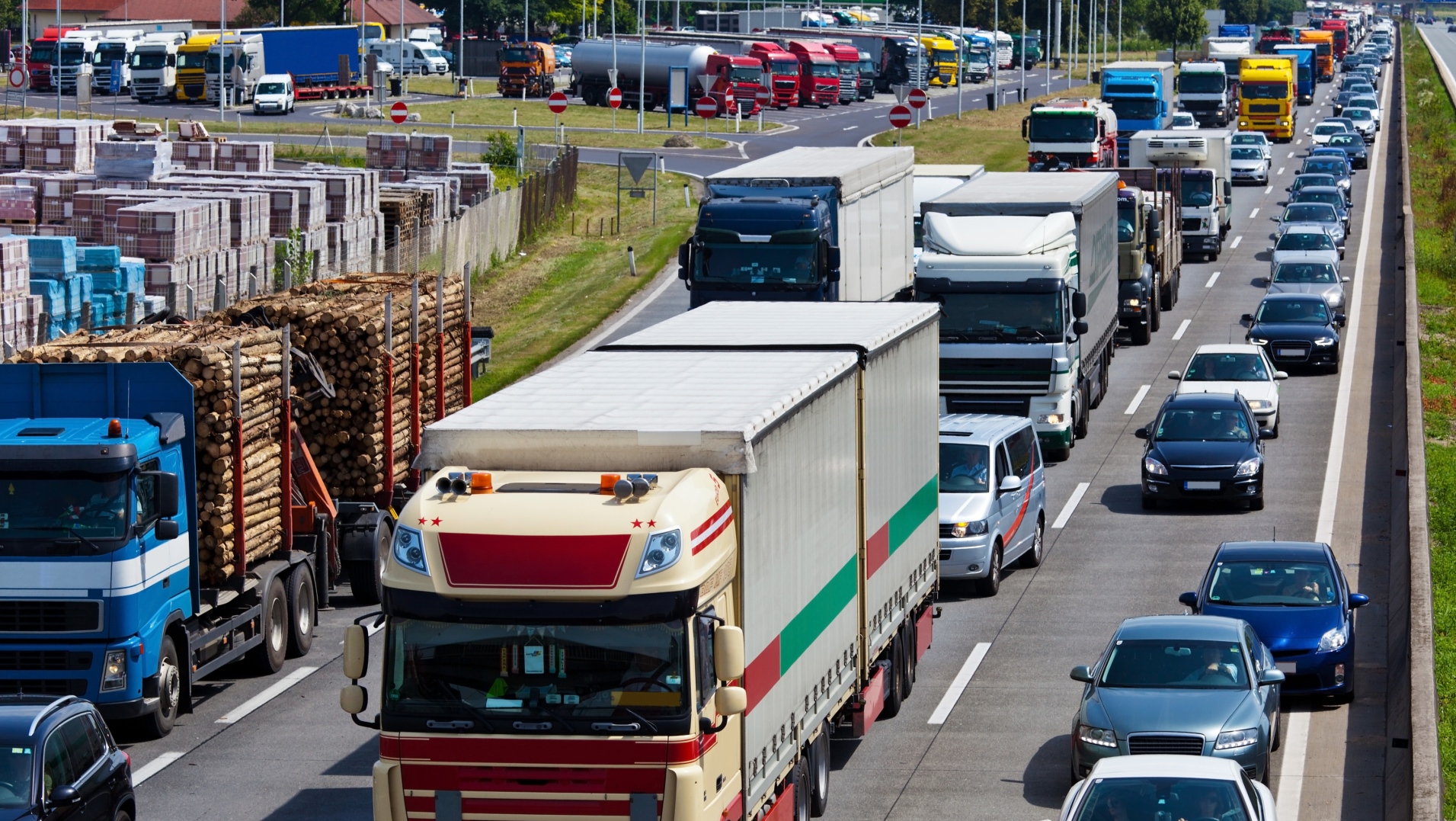Time for farming subsidy reform?
Ryan Fletcher, Tuesday, February 12th, 2019Dozens of rich parliamentarians – many of them Tories – own or control farms that brought in millions of pounds in EU subsidies last year, raising conflict of interest issues that could influence the outcome of legislation set to reform the subsidy system after Brexit.
Analysis by environmental campaigners Friends of the Earth and the Guardian revealed that 48 MPs and peers claimed ÂŁ5.7m of common agricultural policy (CAP) subsidies in 2017.
The biggest single sum – ÂŁ473,000 – went to a Sussex farming company controlled by the Duke of Norfolk, Edward Fitzalan–Howard.
A Dorset farm owned by Tory MP Richard Drax came second highest on list, raking in ÂŁ411,000 in subsidies in 2017.
Other Tory MPs and members of the government with interests infarms that received substantial subsidies in 2017 include Lord Agnew, Lord Taylor of Holbeach, Lord Gardiner of Kimble and Mark Spencer MP.
Secretary of the Unite Tolpuddle branch and agricultural worker for four decades, John Burbidge, said efforts to reform the current EU subsidy system to prevent rich landowners hoovering up cash had been resisted by the UK government.
Concentrated in a few hands
“In the UK much of the land is concentrated in few a hands. While farming subsidies are supposed to be for active farmers, in many cases farms only tend to be quite a small part of their holdings. This results in a few people receiving subsidies of millions of pounds over the years, despite them being very wealthy anyway,” Burbidge said.
“The EU has tried to bring in limits to the maximum amount and the UK government has consistently opposed that. There’s no maximum limit in the UK, but there is some EU countries. Meanwhile the minimum limit in the UK is five hectares, which was increased from 2.5 hectares by the last government.”
Burbidge explained that increasing the minimum amount of land needed to receive a subsidy meant that smaller farms – particularly in those in horticulture – get no help at all.
“This public subsidy, which was created because of the nature of agriculture with weather and need to assure regular supplies of food, needs to go to the people who work the land – including farmers who are active farmers.
“Lots of people who farm – part time farmers workers and those working for themselves – are in horticulture and at the moment they get very little help at all. The system is distorted and its not about ensuring the future of farmers and farm workers.”
Environment secretary Micheal Gove has tabled proposals that are currently going through parliament to change the system after Brexitto ensure subsides go towards “a cleaner and healthier environment”.
Campaigners, however, are worried that politicians who benefit from the current system may seek to influence the bill.
Friends of the Earth activist Guy Shrubsole said, “We hope that politicians will put the public interest first and vote to radically overhaul farm subsidies so that, in future, public money goes to pay for public goods, like restoring nature and reducing flooding.”
This would be achieved by changing EU farming subsidy legislation so that payments are made on the condition that they benefit working people and the future of the industry, rather than simply going to rich landowners.
Clutterbuck said, “This will allow farmers to employ and train young people on multi-skill apprenticeships. Instead of paying a few rich landowners we could pay 300,000 people (who work on the land).”
 Like
Like Follow
Follow


